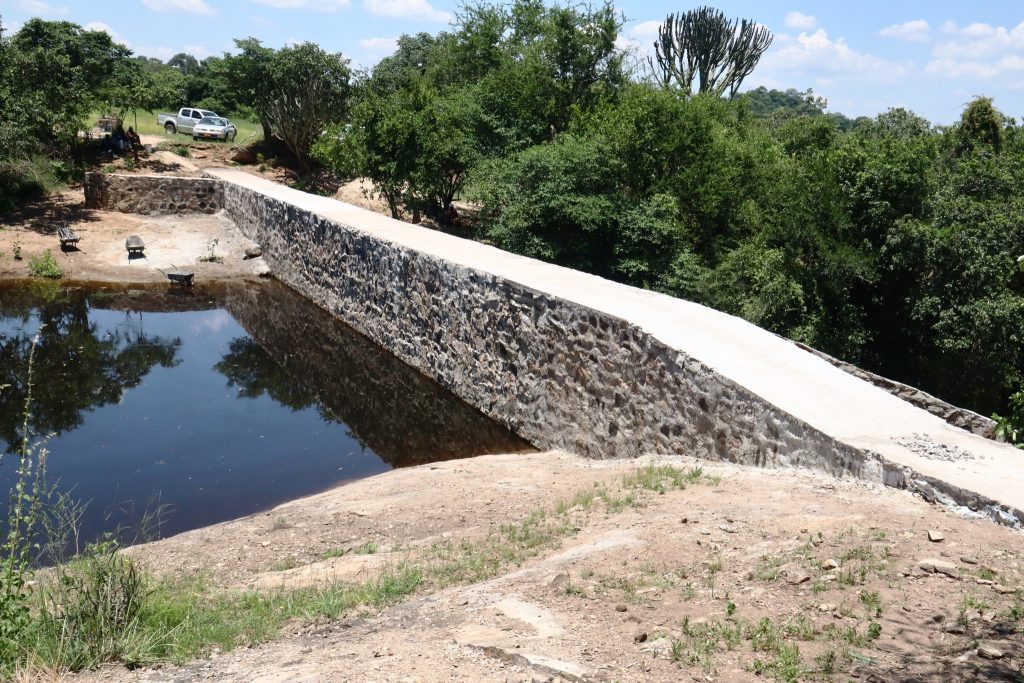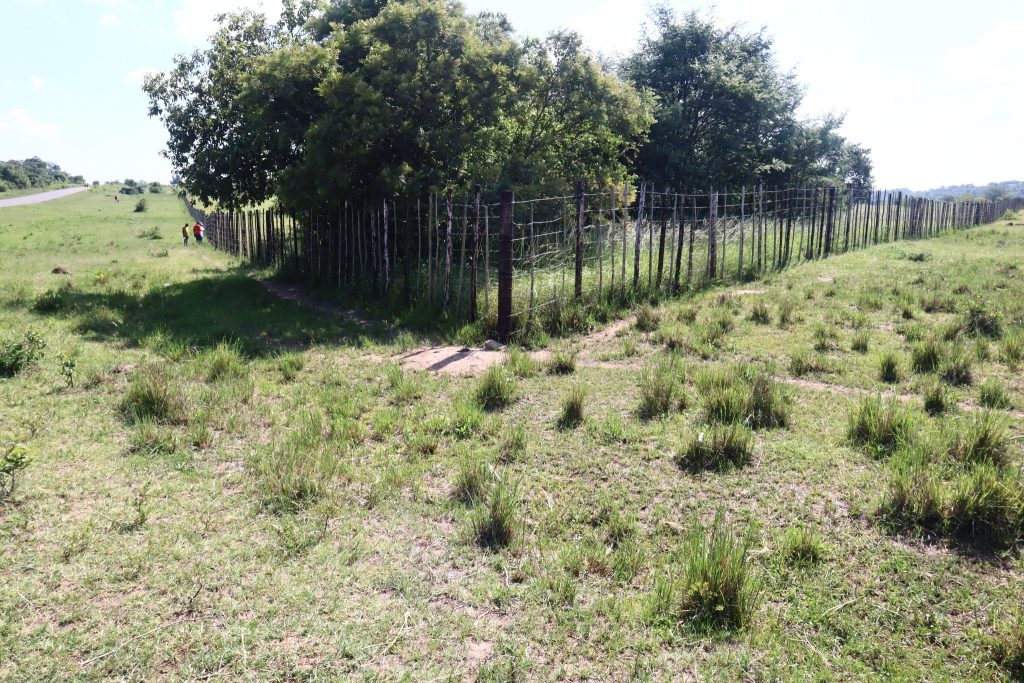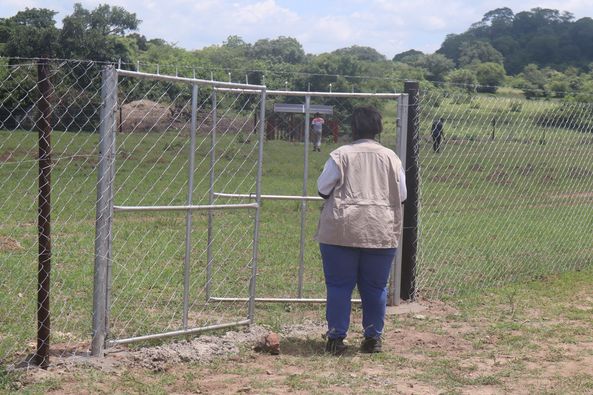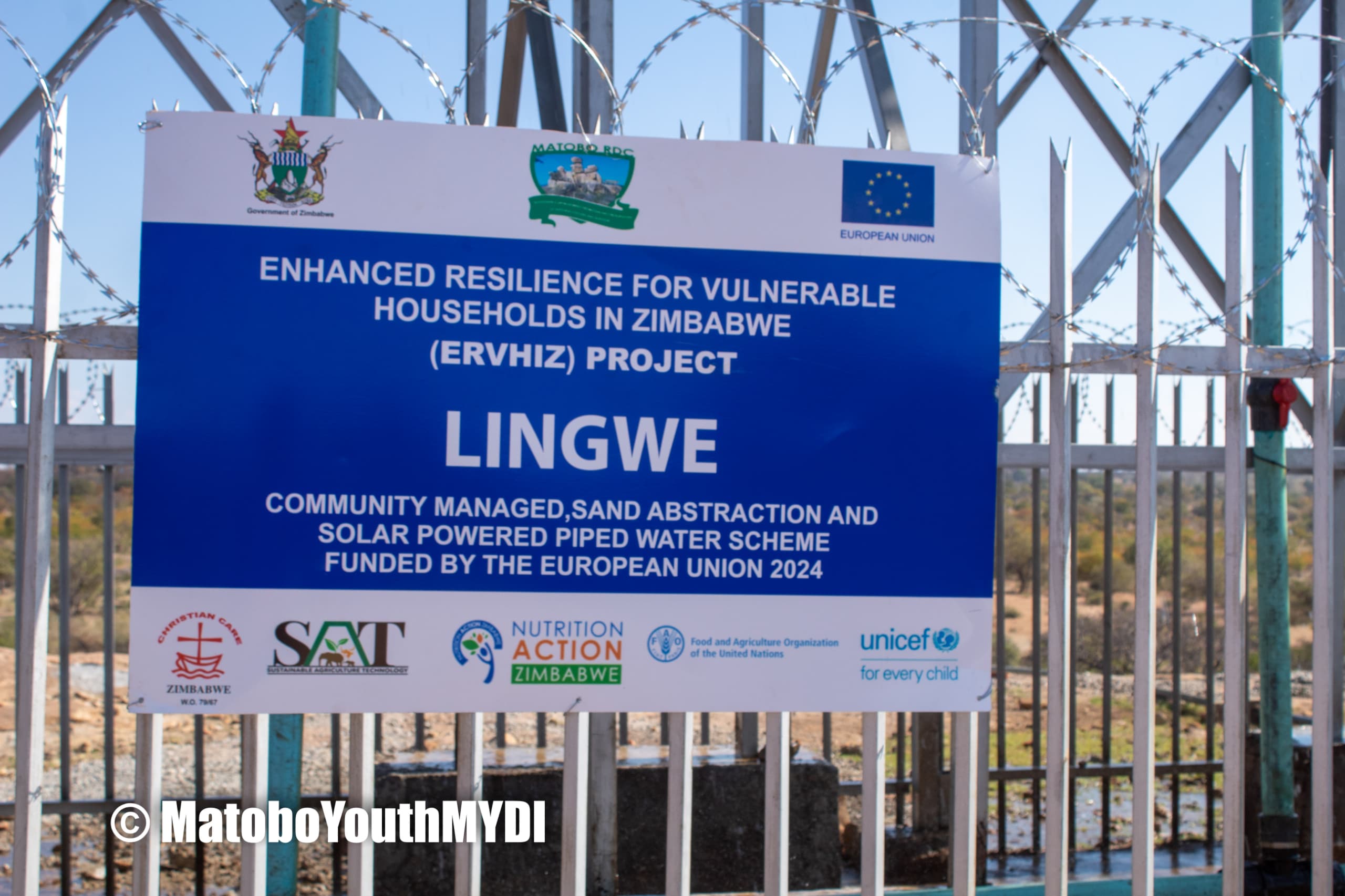Building Sustainable Livelihoods and Climate Resilience to Mitigate Displacements in Bikita and Zaka Districts, Zimbabwe

In the face of intensifying climate change impacts and increasing vulnerability, Christian Care Zimbabwe is spearheading a transformative project in the Bikita and Zaka districts of Masvingo Province, Zimbabwe. The initiative, titled “Building Sustainable Livelihoods and Climate Resilience to Mitigate Displacement in Zimbabwe,” is a remarkable example of how local communities can lead efforts to address climate challenges, ensuring sustainable development while safeguarding their natural ecosystems.
This project addresses two critical needs: improving community access to groundwater and enhancing sustainable livelihoods, with a strong emphasis on building resilience to climate-induced threats. At its core, the initiative is grounded in an Ecosystem-Based Adaptation (EbA) model, driven by the communities themselves. Through this approach, local stakeholders are directly involved in designing and implementing key interventions, while Christian Care and its partners provide strategic support.
The project’s success lies in its holistic approach, linking environmental conservation with livelihood improvements. This is demonstrated through a variety of activities that not only mitigate environmental degradation but also provide economic opportunities to the communities. The core activities include:
- Wetland Protection and Water Conservation: To secure the availability of water resources, communities have actively protected and rehabilitated wetlands, enhancing natural water discharge. The wetlands, which are vital ecosystems in this semi-arid region, now provide much-needed water for both agricultural and household use.
- Construction of Weirs: The project has overseen the construction of weirs—small dams built across rivers or streams to capture and store water. This technique ensures that during the dry season, the harvested water can be used to irrigate crops and support livestock, boosting agricultural productivity even in drought-prone periods.
- Sustainable Livelihood Projects: By promoting activities such as small-scale irrigation schemes, nutrition gardens, fish farming, apiculture (beekeeping), and fruit orchards, the project has empowered communities to diversify their income sources. These livelihood initiatives not only provide immediate economic benefits but also foster long-term sustainability, reducing the vulnerability of households to economic shocks.

A significant aspect of this project is its contribution to biodiversity and ecosystem conservation. Wetland protection and reforestation efforts have promoted the restoration of natural habitats, ensuring the survival of various species that are crucial for maintaining ecological balance. By integrating agroforestry and organic farming practices, the project has enhanced soil health and biodiversity, while reducing reliance on chemical inputs that degrade ecosystems.
These efforts have reinforced the interdependence between humans and nature, highlighting how sustainable livelihoods and environmental stewardship can go hand in hand. The project demonstrates that when communities are given the tools and support to manage their natural resources, they become powerful custodians of biodiversity, ensuring that ecosystems continue to thrive for future generations.
At the heart of this initiative is the principle of community ownership. The local communities of Bikita and Zaka are not passive beneficiaries; they are at the forefront of implementing the activities that are transforming their lives. Their rights to access and manage natural resources are recognized and upheld throughout the project. Christian Care and its partners, including government agencies, civil society, and international donors, play a supportive role, providing technical assistance, capacity-building, and funding, but the community drives the process.
This approach ensures that the solutions are culturally appropriate and tailored to the specific needs of the people, which enhances sustainability and resilience. The involvement of women, youth, and marginalized groups in decision-making processes further promotes equity, ensuring that the benefits of the project are widely shared.
Christian Care’s initiative offers valuable lessons for the global community on the interconnections between human well-being, nature conservation, and sustainability. It highlights the potential of Ecosystem-Based Adaptation to address multiple challenges simultaneously: climate change, food insecurity, biodiversity loss, and poverty.
The project underscores the importance of empowering local communities to take the lead in managing their own resources. By centering human rights and community participation, Christian Care demonstrates that effective climate resilience strategies must be inclusive, context-specific, and community-driven. The active role of local people in designing and implementing solutions ensures that the interventions are sustainable, resilient, and adaptable to changing circumstances.
Furthermore, the success of this project illustrates how integrating climate mitigation and adaptation efforts with livelihood enhancement can create a win-win scenario for both people and nature. As climate change continues to disrupt lives and ecosystems globally, the world can look to initiatives like this one for inspiration on how to foster resilience and sustainability from the ground up.


